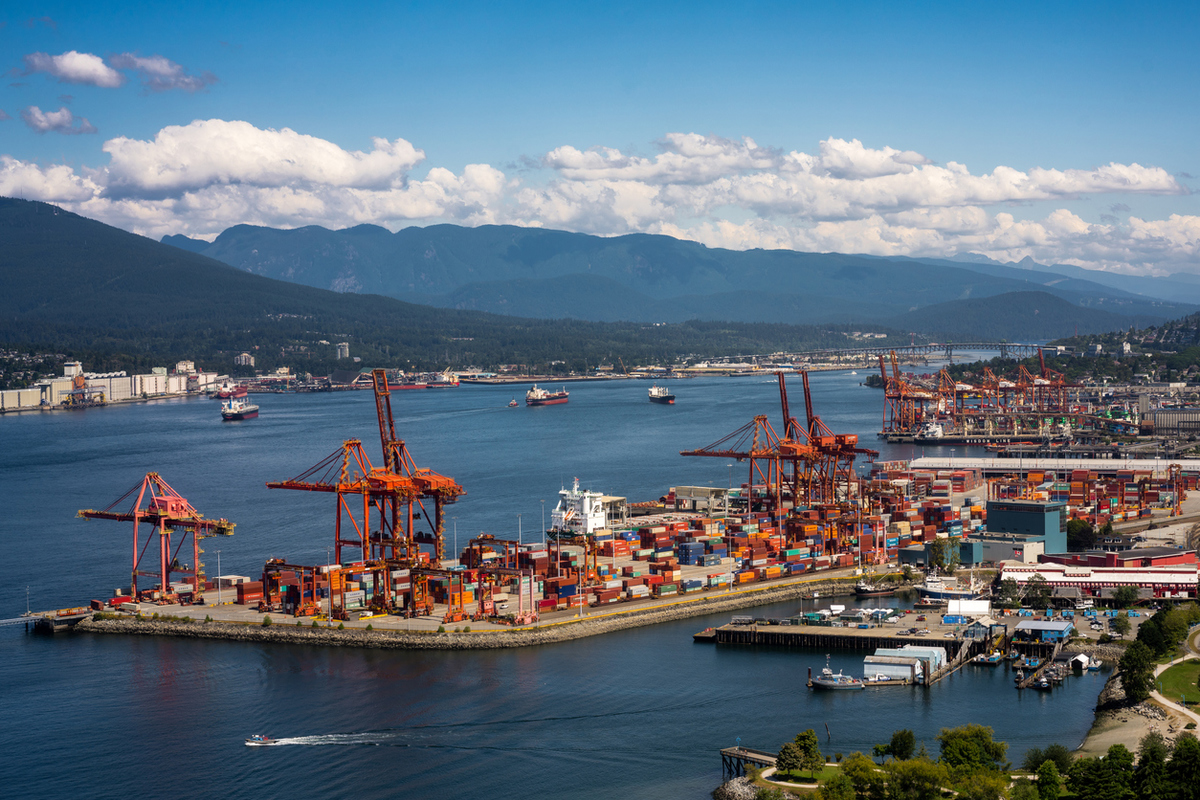Canadian industry consortium to develop low-carbon marine biofuel
Energy company Valent with work with industry peers to develop renewable diesel fuels from agriculture and forestry by-products, says Canadian project leader Ocean Supercluster.
 PHOTO: The Port of Vancouver, which lies along the Burrard Inlet with the North Shore Mountains in the background. Getty Images
PHOTO: The Port of Vancouver, which lies along the Burrard Inlet with the North Shore Mountains in the background. Getty Images
The $65-million Clean Ocean Advanced Biofuels Project will set up production of low-carbon marine biofuel and aims to price it competitively. The Ocean Supercluster will pitch in $5.7 million of the total project cost. Industry and government partners will fund the remaining cost.
“With over 50,000 merchant vessels circling the globe, we have a huge challenge to reduce transport emissions in the ocean economy. The Ocean Supercluster’s financial support and its extensive network of collaborators fosters an accelerated and collaborative pathway to build the renewable fuels value chain for marine transport,” Valent co-founder Karlis Vasarais said.
Biofuel is still a nascent bunker fuel, but from is increasingly being trialled by shipowners.
Yesterday it was announced that Unifeeder-operated vessel Elbsummer has been bunkered with a 400 mt B100 stem from Varo in the Port of Rotterdam. Varo claims B100 waste-based biofuels can cut carbon dioxide emissions by up to 90%on a well-to-exhaust basis.
And bunker supplier TFG Marine recently supplied a B30 biofuel-VLSFO blend with carbon offsets to one of Western Bulk Chartering's vessels, and a similar blend to Rome-based d’Amico Group’s tanker vessel M/T Cielo di Rotterdam.






